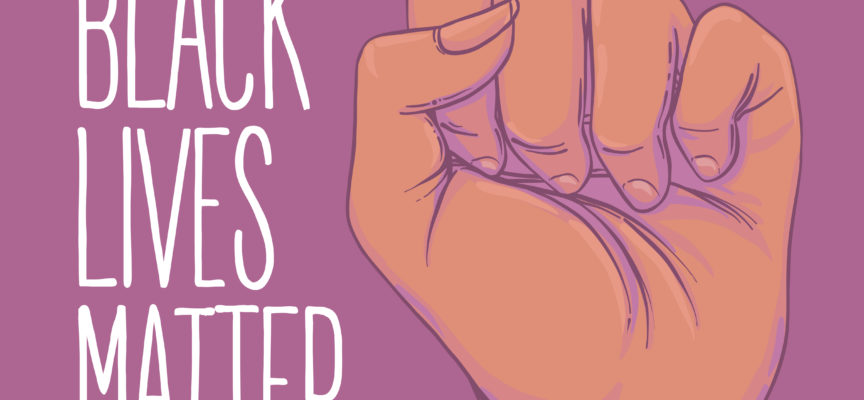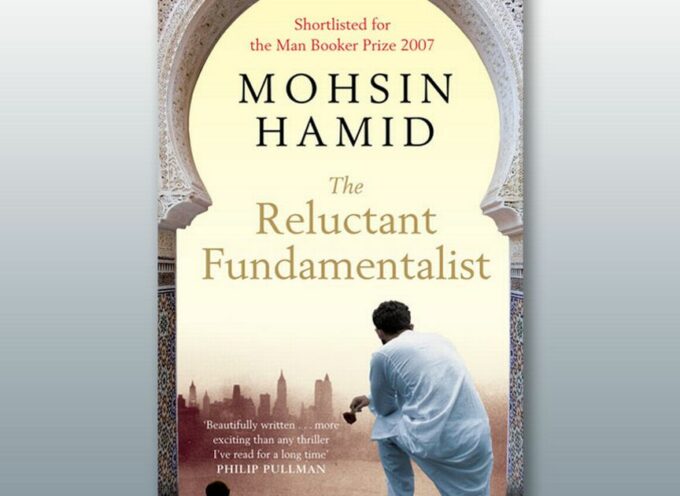Recently, I composed a brief survey, asking my website readers to tell me what they like and dislike about my articles, and what they’d want to talk about if they had some time to chat with me personally.
I gained valuable insights from the survey, one of which is that many of my readers want me to continue to explore issues related to race, racial (in)justice, racial (dis)unity, and racial reconciliation. Similarly, my mailbag is full to the brim with inquiries about race-related social movements and cultural developments, such as the emergence of the Alt-right, Black Lives Matter, Antifa, and the debate about Confederate War Statues. The survey also let me know that the vast majority of my website readers are whites who identify as religious evangelicals and political conservatives.
In particular, the survey and mailbag make clear that this year’s readers want to understand more about the Alt-right and Black Lives Matter. In response, I recently published “An Evangelical Conservative’s Guide to the Alt-Right,” “3 Reasons White Conservatives Should Oppose the Charlottesville White Supremacists” “A Better and More Conservative Approach to Overcoming Racism,” and “To Anyone Who Thinks Antifa is Good for America.” (I am not painting a “false equivalency” between various groups by the mere fact of having linked to them side-by-side.)
I now offer “An Evangelical Guide to #BlackLivesMatter,” which includes:
- a brief history of BLM
- a summary of BLM ideology
- a portrait of prominent BLM leaders
- a response to FAQs about BLM
- an evangelical evaluation of BLM
These days, it seems “the American way” is to demean and degrade those with whom we disagree; to treat all people on the other side of the aisle as morally reprehensible people in whom nothing good can be found; to find any and every bad thing that has ever been perpetrated by people on the other side of an issue, and then to stereotype every person on the other side as a person embodies all of those combined vices. Most of us have succumbed to the temptation at one time or another.
This “American way” is both foolish and bad. It is bad, because we are morally wrong to be mean-spirited or careless with the truth. It is foolish, because our vitriol and disdain for the truth pollutes the public square and undercuts the good things we want to achieve. Therefore, we must resist the temptation (which lies within each of us) to demonize, demean, degrade, lie, or tell-half-truths about those with whom we disagree.
To the point: for white Christians who are political conservatives, there is a temptation to be sweepingly dismissive of Black Lives Matter, a movement whose leadership is black, queer, and progressive, and whose constituency to the left of us politically, and more likely black or brown than we are ethnically. For persons who are aligned with BLM, there is a temptation to be similarly dismissive of persons who would criticize BLM’s ideology, strategies, or tactics.
My hope is that this article is light rather than heat, especially for the white evangelical political conservatives who make up the vast majority of my website’s readership.
Subscribe
Never miss a post! Have all new posts delivered straight to your inbox.








I agree with most of what you said up till your applications. You go from condemning acts like “demonize, demean, degrade, lie, or tell-half-truths” which are clearly counter to our calling as Christians. But then in your example you go on to condemn “dismissive” as being the problem.
Anything false should be dismissed, first through loving explanation and debate but once the other side rejects all sound reason then there is no other way to reject lies than being steadfast in the truth. Sometimes this will look like confrontation to boldly disagree with lies but that shouldn’t change our stance in light of merely outrage without sound reasoning . The relativistic view of right and wrong creeps into your analysis between BLM and conservative christian view points. There is objective truth in this world and in this debate which we should be seeking out. Just because we are called to love our neighbors, doesn’t mean both sides are correct.
Black Live Matter has almost zero truth association with it and has some of the most immoral underpinnings imaginable. I have researched the numerous claims ad nauseam that BLM rallies behind with a heart aimed at seeking out injustice (personally and culturally) but I have not found evidence or sound reasoning to draw the conclusions BLM and you are echoing.
If you want Christians to not dismiss BLM then you should articulate an argument that gives some rational grounds to BLM. Just saying economic and criminal injustice without actually positing defense for those terms gives them no merit. Chastising Christians for calling out lies is a far cry from Paul’s chastising of the early church and the surrounding culture’s immorality. He didn’t always have a heart to heart when pointing out sin, many times he issued a strong rebuke.
The supposed criminal and economic injustice, are both tied to the moral state of their community. Single families, lack of sound parental leadership, lack of sound life advice, lac of respect for rule of law, abortion, lack of theologically sound churches, ultimately lack of Christ. These are what is holding this minority down. Not some oppressive racist state with systemic evil in the police and society. When you prop up these claims without basis, rational Christians scratch their heads and expect a well reasoned argument, not BLM talking points.
You also seemingly define injustice as any disparity in outcomes. You assume that if black people are poorer or are more incarcerated, then there must be injustice that requires our action. Unfortunately we can’t just look at outcomes and determine fault in a situation. The Bible is fairly clear on reaping what you sow as well as the expectations of hard work. Were blacks extremely discriminated against in the past? of course with no defense of those institution. But you have to judge what is happening today before you charge forward.
As Christians, if we are to be seeking out our transgressions, then we have to judge right and wrong as well as our association with it. We have to judge whether BLM is right or wrong and then act accordingly. Until you prove BLM has a point, we are only called to love them and treat them as Christ would have. Which doesn’t include caving into their delusions but may include rebuking their message.
Hi Josh,
Thank you for your response. Please allow me to clarify: When I speak of being dismissive, I am talking about being comprehensively dismissive. I don’t think we should be comprehensively dismissive because there is especially one plank of BLM’s platform that is right: black lives do matter. As for justice, I do not define justice in terms of outcomes.
Sincerely,
Bruce
In general, Black Lives Matter, no debate on that. But when you put it into the context of what this movement is pushing for, then we see that in saying Black Lives Matter you are inferring that their is currently injustice causing their lives not to matter, hence why this one demographic needs to be pointed out. Naming it this, just gives them a way to shield their actual agenda from criticism, because who doesn’t think black lives matter. You must be a horrible person if you disagree with BLM.
Injustice requires someones rights be infringed upon and in every rational discussion of the black communities plight today, I can’t find it. Sure we find individuals who are racist but the system is designed to marginalize them and weed out their actions and give blacks the same treatment as all others, if not better treatment through affirmative action. Blacks have every opportunity that a government can give to achieve but they aren’t so at some point you have to judge the culture. Historically though, you are right, many injustices have been perpetrated upon them that we as Christians were not uniformly and loudly enough in condemnation of and is a huge shame.
I am glad to hear I misunderstood your stance on what constitutes injustice but I still see terms in your writing about economic and criminal injustice. These terms typically used by BLM supporters or social gospel promoters, relies heavily on outcomes as proof of evil. Until you define what these are and cite examples of these systemic evils, I can’t judge whether your articles have sound reasoning that should change my views and actions.
I am sorry if my posts have comes across as an attack, I am really just striving for my own understanding and if that means I am wrong, then I would rather hash that out sooner than later. Also my wife is a minority and soon we will have minority children, I want them to view their world through the clearest lens possible.
I appreciate Josh Broome’s comments and insights. Over my 70+ years I have seen government do a lot to give Blacks opportunities. Yet many have refused to take advantage partly I believe because of the Left’s encouraging them to be part of the nanny state. Many Blacks who have raised themselves from poverty to be successful are slandered as “Uncle Tom’s”.
Many Blacks think that whites have it easy. That’s not always the case. I speak as a white woman from a lower class family who took advantage of every opportunity to educated myself at local colleges while working to support myself to earn a college degree. Today I live a good life and am thankful to God for the opportunities given to me. As a Christian I help those who want a hand up but I refuse to give a hand out to those who are to lazy to work.